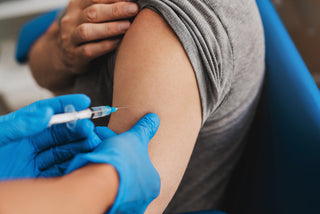Sex drive, also known as libido, is the desire for sexual activity. It is a complex and multifaceted phenomenon that is influenced by a variety of factors, including hormones, stress, relationships, and physical health.
Functional Medicine Approach
Functional medicine practitioners believe that sex drive is a reflection of overall health and well-being. They focus on identifying and addressing the root causes of low sex drive, such as hormonal imbalances, stress, and nutrient deficiencies.
Some common functional medicine approaches to boosting sex drive include:
- Dietary changes: Eating a healthy diet is essential for overall health and well-being, including sex drive. Functional medicine practitioners may recommend dietary changes such as increasing intake of fruits, vegetables, and whole grains; reducing intake of processed foods, sugary drinks, and saturated fats; and eating regular meals and snacks.
- Supplementation: Functional medicine practitioners may also recommend supplements to support sex drive, such as vitamin D, zinc, magnesium, and maca root.
- Stress management: Stress can lower sex drive, so functional medicine practitioners may recommend stress management techniques such as yoga, meditation, and acupuncture.
- Hormone testing and replacement therapy: If a functional medicine practitioner suspects that a hormonal imbalance is contributing to low sex drive, they may recommend hormone testing and replacement therapy.
Modern Medicine Approach
Modern medicine also offers a variety of treatments for low sex drive, including:
- Medication: There are a number of medications that can be used to boost sex drive, including sildenafil (Viagra), tadalafil (Cialis), and vardenafil (Levitra). These medications work by increasing blood flow to the penis.
- Hormone replacement therapy: If a doctor determines that a hormonal imbalance is causing low sex drive, they may prescribe hormone replacement therapy.
- Therapy: Therapy can help people with low sex drive address psychological and relationship factors that may be contributing to the problem.
Which Approach is Right for You?
The best approach to treating low sex drive will vary depending on the individual's underlying causes. Some people may find that a combination of functional medicine and modern medicine approaches is most effective.
If you are struggling with low sex drive, talk to your doctor. They can help you identify the root cause of the problem and develop a personalized treatment plan.
Here are some additional tips for boosting sex drive:
- Get regular exercise. Exercise has been shown to boost sex drive and improve overall health.
- Get enough sleep. Sleep deprivation can lower sex drive. Aim for 7-8 hours of sleep per night.
- Manage stress. Stress can lower sex drive. Find healthy ways to manage stress, such as exercise, yoga, or meditation.
- Communicate with your partner. Talk to your partner about your sex drive and what you need to feel comfortable and aroused.
- Create a romantic atmosphere. Set the mood for sex by creating a relaxing and inviting atmosphere. This could involve dimming the lights, playing music, or using candles.
If you have any questions or concerns about sex drive, please talk to your doctor.




